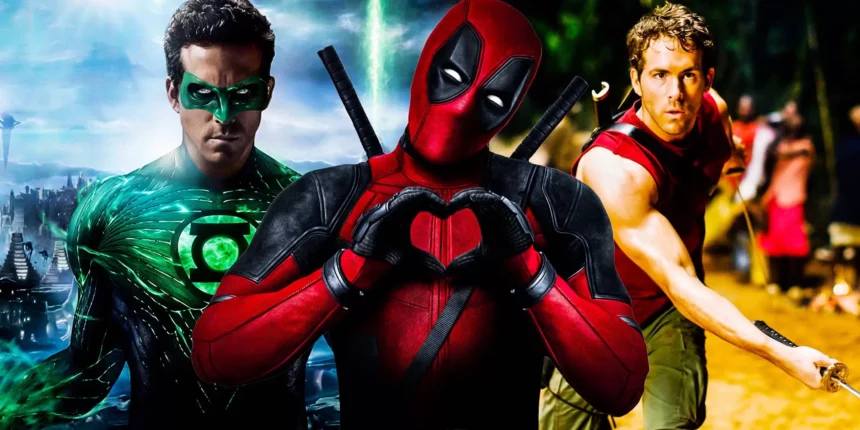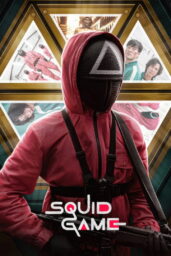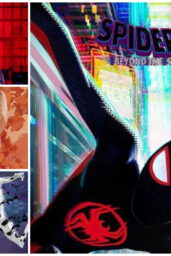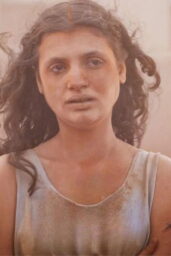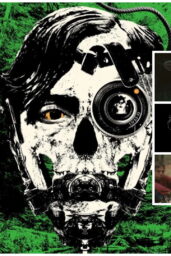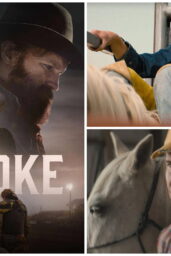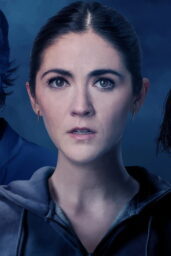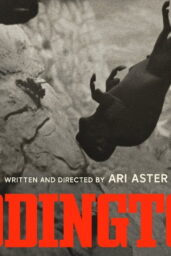Picture this: you're watching trailers, expecting the usual laughs from Ryan Reynolds in “Deadpool & Wolverine,” but instead, you find yourself in a debate about the sustainability of meta-humor. Reynolds, known for his quick wit and self-referential gags, has hit a cultural snag. What once made him the toast of Tinseltown now seems to be turning audiences away. But why?
The Rise and Fall of a Comedy King: Ryan Reynolds soared with the success of “Deadpool” in 2016, where his portrayal of the fourth-wall-breaking anti-hero wasn't just a hit; it was a cultural phenomenon. The humor was fresh, the approach daring. Fast forward to 2024, and with “Deadpool & Wolverine,” we see the same tricks, but the audience's applause has turned to criticism. According to recent discussions, particularly following his appearance on Variety's “Actors on Actors” with Andrew Garfield, Reynolds is seen more as a one-trick pony than the versatile actor fans might have hoped for.
The Meta-Humor Conundrum: The charm of meta-humor lies in its ability to make us laugh at the absurdity of cinema itself. However, as noted by film critics and social media, this style has perhaps reached its saturation point. When Deadpool first quipped his way into our hearts, the film industry was less transparent; now, every behind-the-scenes detail is dissected online. Reynolds's humor, once a breath of fresh air, now feels like it's trying too hard in an industry where everyone's in on the gag.
Cultural Shifts and Audience Expectations: Films like “The Night Agent,” with its gripping trailer suggesting a dive into more serious storytelling, might be indicative of where audiences are heading. There's a growing demand for depth over quips, for narrative over novelty. Reynolds's struggle isn't just about his comedic style but reflects a broader shift where viewers crave authenticity and emotional engagement over meta-commentary.
Reynolds in the Spotlight: His conversation with Garfield was particularly telling. Here, Reynolds, usually the master of self-deprecation, seemed out of place discussing craft with an actor known for his dramatic work. This moment underscored a public reevaluation of Reynolds's place in Hollywood. He's no longer just the fun guy; he's under the microscope for what he brings to the table outside of his Deadpool suit.
Analysis and Critique: The criticism Reynolds faces isn't entirely fair. Comedy, like drama, requires skill, timing, and yes, even depth. Reynolds's Deadpool isn't just about breaking the fourth wall; it's about a character with layers, albeit humorous ones. But in an awards season where drama reigns, his type of humor feels misplaced, even if it's not less valid.
Ryan Reynolds might be at a crossroads, but this isn't the end. If anything, it's a moment for reflection. Hollywood, like its audiences, is fickle but also forgiving. There's room for Reynolds to evolve, perhaps integrating his humor with a new depth or exploring entirely different roles. The industry needs laughter but also wants to be moved, to feel something real beneath the jest.
Personal Impressions: Watching Reynolds navigate this backlash, one can't help but admire his resilience. His humor has always been part of his charm, but perhaps it's time for him to show the industry, and us, a broader spectrum of his talents. The challenge isn't in losing fans but in gaining new dimensions in his art.
Do you think Ryan Reynolds can adapt his style to meet changing audience expectations, or will he remain the king of meta-humor in an era that's moving on?

